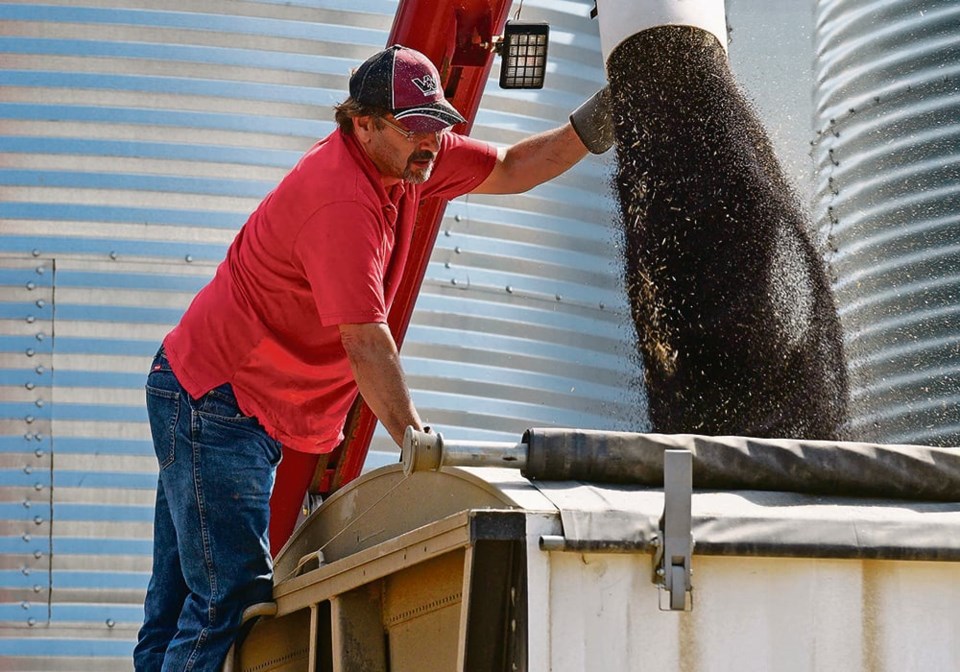WESTERN PRODUCER — Agriculture Canada’s 2023-24 canola production estimate is pessimistic, says Ken Ball, canola analyst with PI Financial.
It is forecasting 18.4 million tonnes, only slightly bigger than last year’s disappointing crop of 18.17 million tonnes.
“I’m surprised how low their projection is,” he said.
Ball has seen private sector estimates calling for a crop in excess of 20 million tonnes if there is decent precipitation in June and July.
The United States Department of Agriculture’s forecast is also at odds with Agriculture Canada’s.
It anticipates a Canadian crop of 20.3 million tonnes, which would be nearly two million tonnes bigger than Agriculture Canada’s estimate.
That is a substantial discrepancy.
The good news is that Ball anticipates plenty of demand for the upcoming crop.
There will be some new crush capacity coming online in 2023-24 and crush margins remain healthy.
“The exports may perk up a bit as well,” he said.
“Through all this winter we’ve had to battle that monster Australian crop. The odds are fairly high Australia won’t be able to repeat that kind of a crop.”
In fact, the USDA forecasts 5.3 million tonnes of Australian canola production in 2023-24, down from 8.3 million tonnes in the current crop year.
Agriculture Canada forecasts 600,000 tonnes of Canadian canola carryout in 2023-24.
“It’s probably going to be a bit bigger than that I’m going to guess,” said Ball.
“But a million tonnes is still a fairly tight carryover for canola.”
If there are any serious weather problems during the growing season, it could be a lot tighter than that, he said.
The 2022-23 carryout is estimated at 650,000 tonnes.
Ball said he is “quite shocked” how little canola growers sold during the winter and spring. Many farmers who would routinely be 30 to 60 percent sold by now are 10 to 15 percent sold.
Growers got complacent, thinking prices would hold up with the problems in Ukraine and with Argentina’s dismal soybean crop.
But prices have cratered and could head toward $600 per tonne if there is a big crop. That has prompted growers to finally start selling.
“There’s just maybe a little hint of panic in the air about having missed those big prices and worrying that we might go lower,” said Ball.
Crushers should see solid demand for their canola oil in the U.S., a market that typically accounts for about three-quarters of Canada’s exports of the commodity.
The USDA forecasts 5.95 billion pounds of canola oil imports in 2023-24, a 450-million-pound increase over this year.
That is on top of 4.46 billion pounds of oil from the domestic crush, a 106-million-pound increase over this year’s expected volumes.
“The growing domestic demand for canola oil can, in part, be attributed to the (Environmental Protection Agency’s) recently adopted canola oil pathway for renewable diesel production,” the USDA stated in its Oil Crops Outlook: May 2023 report.
It is forecasting that 2.4 billion pounds of the oil will be used for biofuel production, up from 2.15 billion lb. this year.
The food market is still the primary driver of canola oil demand in the U.S. despite all the excitement surrounding the burgeoning renewable diesel sector.
The USDA forecasts 5.25 billion lb. of sales to the food sector, up from 4.98 billion lb. this year.
“The canola and soybean oil price differentials continue to narrow, increasing competition among these two substitutes for food use,” said the USDA.
The huge premium canola oil commanded in early 2022 has contracted because of the rebound in Canadian canola production.
Canola oil prices are projected at 61 cents per lb. for the year, which would be competitive with alternative vegetable oils. Last year they topped $1 per lb. at times.


